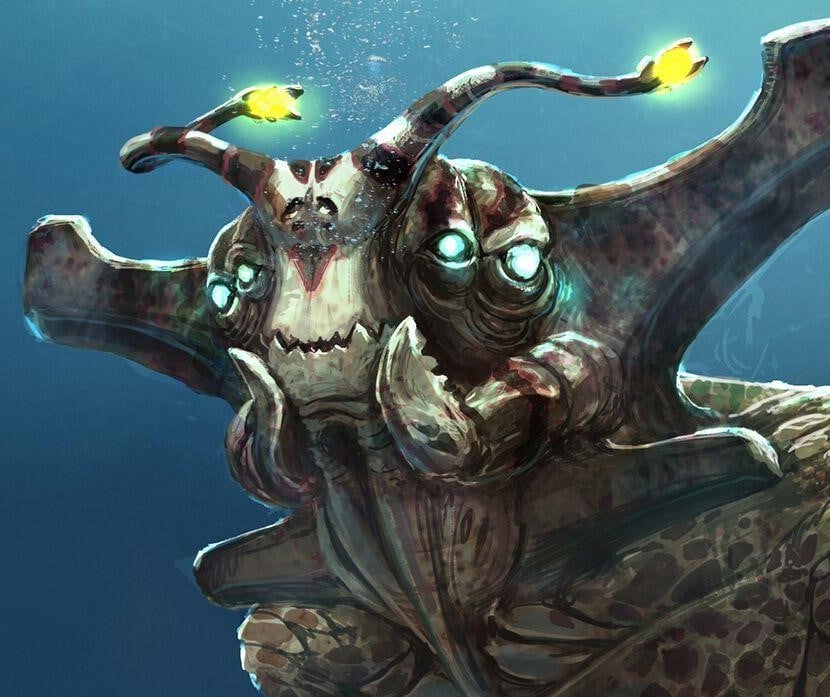Diagnoses cost money, all I can afford are symptoms.
That’s it guys. I found the American!
In Australia, it costs $1k to get diagnosed for adhd
You grow up looking up to all the adults in your life for guidance, support and direction. Only to learn once you grow up for a few decades that most people in the world don’t have a clue as to how to guide, support or give direction to anyone including themselves.
It’s sad that there are millions of children right now that simply have to look to who their parents voted for to see how deeply flaw the beliefs they were taught are.
I hope the youths of tomorrow don’t form a garage band. I hope they form militias.
I hope the youths of tomorrow don’t form a garage band. I hope they form militias.
Amen
When I was young I recall visiting my aunt in a mental institution many times. I was told she had a nervous breakdown but it wasn’t discussed beyond that.
When Reagan closed all the mental institutions she bounced around boarding houses. The first ones were terrible. Later ones were much, much better.
When I was older I found we took the same meds.
Discussion of mental illness is still avoided in my family.
This wasn’t my case, my parents were very well adjusted for the most part but it did happen to a former partner. It was usually accompanied by a deep silence and denial. Hope it gradually gets more normalized to at least talk about it; even if therapeutic alternatives may not be available, having support from friends and family is a huge improvement.
My parents are in very old now, no change there. My sister says I can reach out any time but she never responds.
I have started seeing a therapist which has been helpful in several ways, even if I skipped today’s appt.
It’sreally good that you are seeing a therapist. I think it’s better to have professional help whenever possible.
Hope things get better.
I mentioned that i had concerns about myself when i was about 12. It wasn’t dismissed, but it was clear that attempting to address it at that time would be too difficult. I keep it put away as much as i can, only mentioning the intrusive thoughts when i can play it as a joke - not sure if that feels better or worse. After 40 years, I’m finally beginning to recognize the tendency towards self sabotage but still struggle with not giving in to it.
May i ask what illness this is? I recognize this tendency
In my case it is depression. There is a bit a of anxiety and ADHD mixed in to keep it fun. Self-medicating with drugs/alcohol makes it difficult to go too long without causing life problems.
Although I’m currently down, I’m not having thoughts of suicide, and have not for about 4 months.
I have a huge fear of sharing those thoughts because I know I will likely get 5150 again. Hospitalization costs $$$$.
Never went to the doc for it. It’s just the stuff that rolls around in my head.
Does my comment above sound familiar?
The only time I’ve ever really felt suicidal was when I was on antidepressants. Then it was more just feeling insignificant, like one of a bajillion people on the Earth and if I die that’s just part of the natural turnover. I’m impulsive and quick to anger, so I know that I can’t own a gun. I have a lot of thoughts of destruction that i try to keep in check - holding a stack of plates at a friend’s house and want to drop them, what if I put my wedding ring in the garbage disposal, If there’s a car stopped on a bridge and I hit it will it go over, I’m afraid of heights because I want to push. When I was a kid, the thing I first noticed was sometimes wishing for bad things to happen- and that’s what I now think of as self-sabotage. Is it worse to have a car accident or go to work? If I get a letter from the IRS, am I more excited if it’s a check or a bill? Either way, if I throw it away, will they send another?






